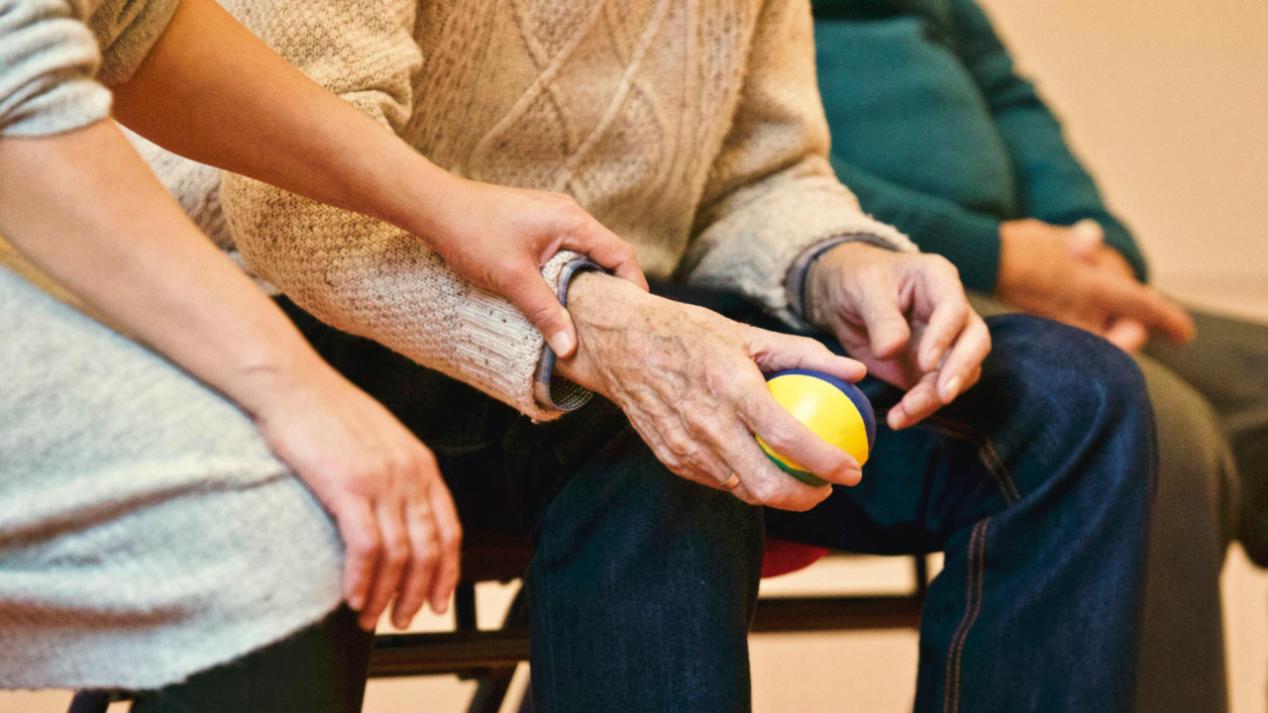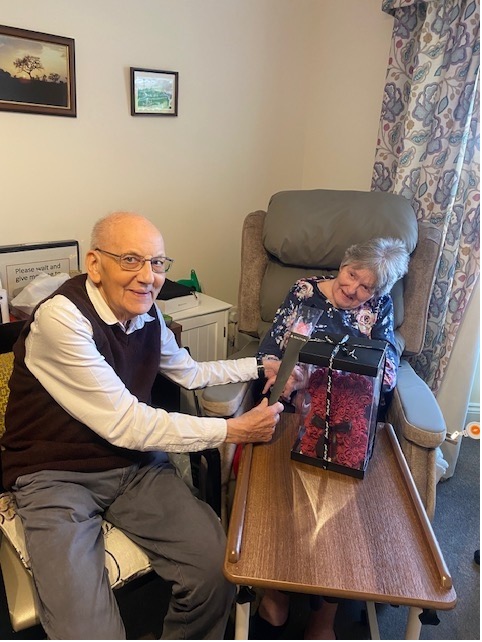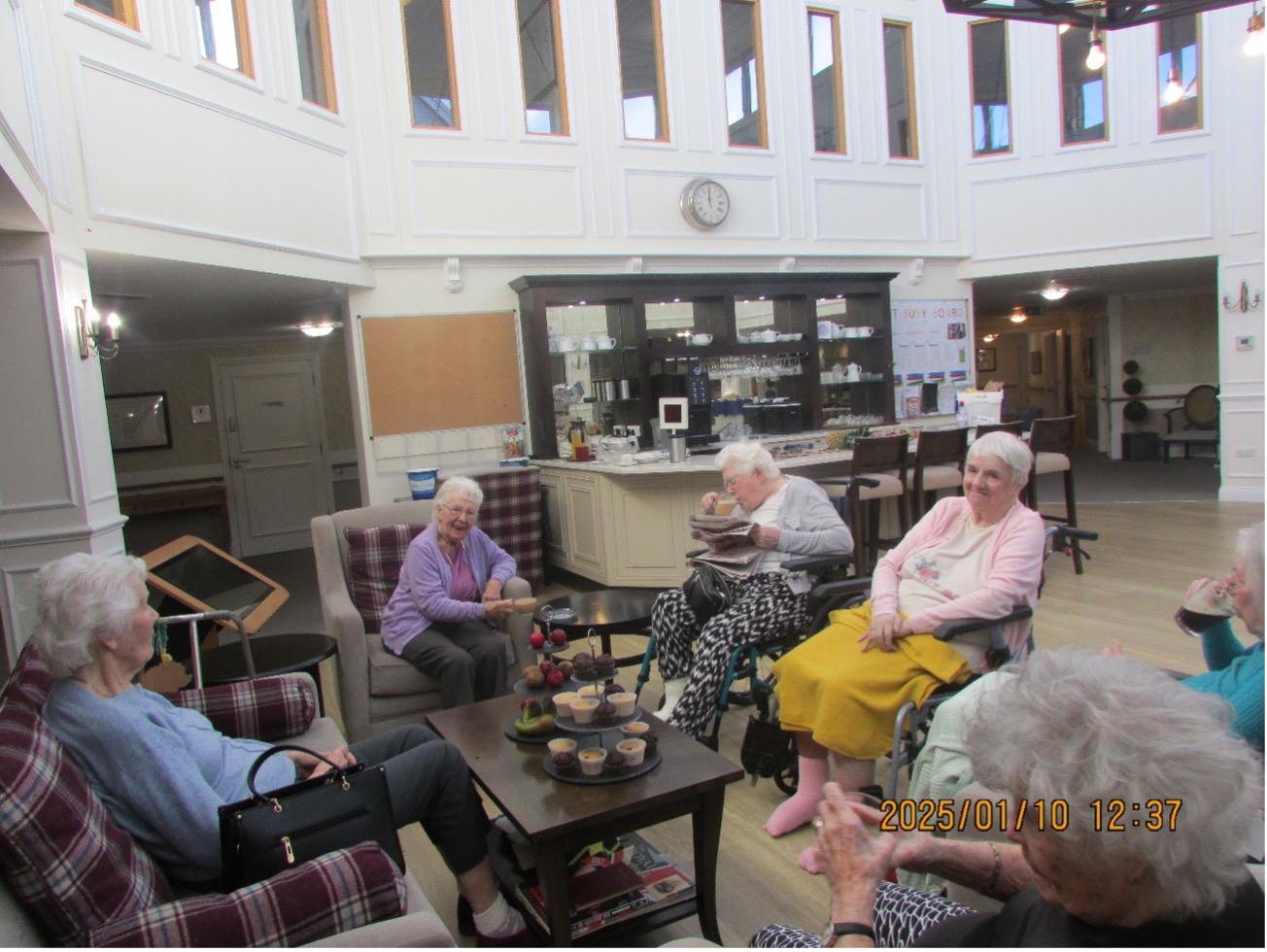How to Get an Elderly Person into a Care Home
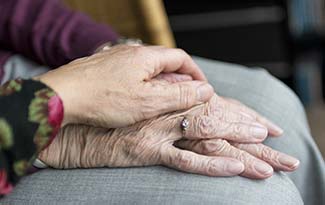
As we age, it's common to undergo significant changes that can include declining health, reduced wellbeing, or a decrease in mental capacity. These changes may lead to a greater need for assistance with everyday tasks. In some cases, the challenges of getting older will affect those living independently in their own home and it may no longer be feasible or safe. As a result, it might become necessary to consider alternative forms of care, such as residing in a care home or nursing home.
Reaching this stage can pose challenges for both the elderly individual and their family members, as maintaining life at home becomes increasingly difficult. Opting for a care home offers the advantage of around-the-clock medical and personal support tailored to the diverse needs of the elderly person. This relieves them of the stress and worries that may otherwise disrupt their daily routines.
Whether you're a family member seeking care for an elderly loved one or an individual searching for care options, this blog aims to outline the essential factors that can facilitate a smooth and stress-free transition when moving into a care home.
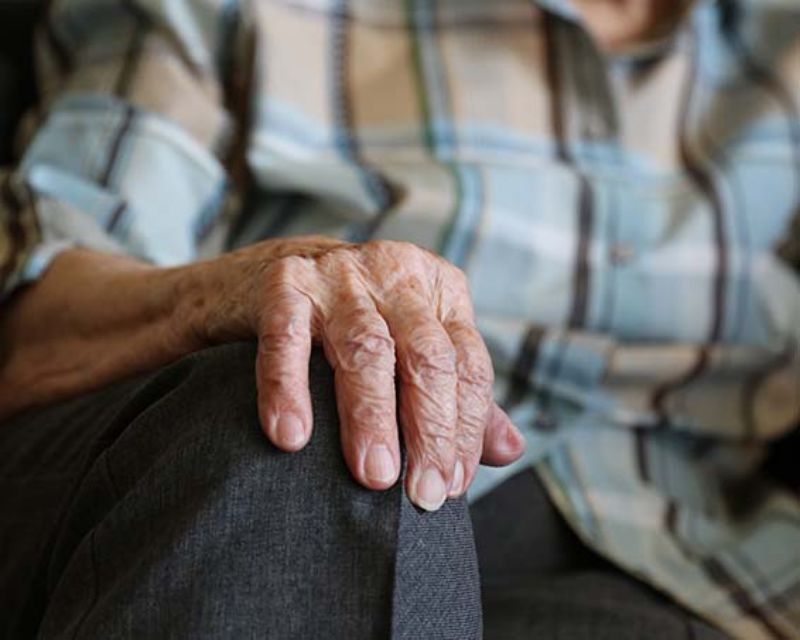
Having an Open Conversation About Care Homes & Nursing Homes
In order to address the complex emotions that elderly individuals might be experiencing, it's crucial to engage in an open and timely conversation with them. Acknowledging the need for a transition to a care home and the associated changes to their routine can be a challenging phase, underscoring the importance of initiating open discussions well in advance. As your loved one becomes more at ease with the idea of this transition, consider arranging multiple visits to potential care homes. This allows them to explore the offerings of the care home and meet some of the staff members.
Visiting these care homes also provides an opportunity for you or your family member to voice any concerns, if possible. Whether you're exploring residential care homes, nursing homes, or alternative care options, there are a variety of healthcare professionals who will be available to address any concerns you might have.
Throughout the entire process, it remains essential to reassure your loved one that they can still maintain their independence while enjoying an enhanced quality of life among peers who may eventually become close friends. Elderly people can find living alone and managing a household very difficult and it can lead to feelings of isolation and overwhelm, making a move into a care home a suitable choice. The constant support available in a care home environment can aid individuals in navigating complex emotions and personal challenges.
Ensure Involvement Every Step of the Way
When making decisions about transitioning your loved one to a care home, it is crucial to maintain their active involvement throughout the entire process. Ensuring that your loved one agrees with the choices being made for them is of paramount importance since they will be the ones directly impacted by the outcome. Initiate the process by discussing the potential benefits with your loved one, aiming to instill a sense of optimism during what might be a challenging period. Respect their desires and take their ideas into careful consideration, ensuring that the chosen care home aligns with their preferences.
Encouraging your loved one to participate in visits to prospective care homes and allowing them to witness the range of medical and personal care services offered, serves not only to reassure them but also to help them grasp the advantages of the impending transition. In cases where individuals face complex conditions such as dementia, there may be a need to establish a power of attorney to make decisions on their behalf. Nevertheless, even in such scenarios, make an effort to involve them as much as possible in the decision-making process. This approach minimises stress, worry, and confusion. By actively engaging your loved one and prioritising their preferences, you can facilitate a smoother and more positive experience as they embark on the journey of transitioning into a care home.
Comparing Different Care Homes in Your Desired Location
Whether your considerations lean towards a nursing home, care home, or other available options, it's imperative to conduct thorough research on what is local to you. During this research phase, it's vital for both you and your loved one to establish specific criteria outlining the features and services you seek in a care service. This criteria might encompass particular amenities, opportunities, or care provisions. It is advisable to look into the care home's most recent inspection report as it offers valuable insights into resident treatment and the quality of lifestyle provided, from the standpoint of a professional and governing body.
Not only this, it is always good to look into the care home reviews on platforms like carehome.co.uk or by examining their Google rating. This avenue provides a more comprehensive understanding of whether the care home aligns with your expectations. The ability to foster independent living should also be a key consideration in your evaluation of care homes.
Taking Overall Needs into Account
Every care home and nursing home possesses its own range of services and facilities. However, the most important aspect of this process revolves around understanding the health and care requirements of the elderly person requiring care. This understanding forms the basis for determining the most suitable type of care home to consider. Certain care homes extend the option of conducting assessments to provide insights into the specialised and personalised care your loved one might need. Care categories like dementia care or nursing care demand heightened support compared to residential care.
When residing in your own home becomes a challenge and daily tasks can no longer be accomplished to the extent they once were, a care home becomes a viable option. When looking into care homes, you should consider all options and stages that might need to be required. Many homes across the UK offer continuing care services. This type of care home can accommodate changing needs as they arise.
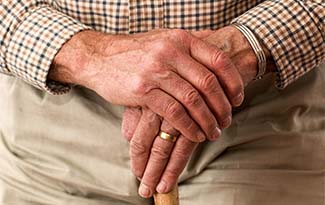
The Costs of Care Homes in the UK
When comparing the expenses associated with relocating to a care home, the UK is recognised for having higher costs than some other countries in Europe. Due to this, it becomes crucial to understand the services you require and what your chosen care home or nursing home offers. Determining whether self-funding is viable or if a financial assessment is necessary for additional support from social services is a key consideration. Within a care package, one can often find entertainment programmes and day trips to the local area like local shops, cafés or landmarks, which residents can enjoy. However, it's important to verify with the care home whether these activities incur extra charges. Some care homes might also include services like dentist or optician appointments as part of their offering, although this can vary from one home to another.
Opting for residence within care homes entails a substantial financial commitment. It's imperative to develop a plan of all potential costs and outline your approach to funding. If uncertainties persist regarding the financial aspects and guidance is required on how to address funding, reaching out to prospective care homes for assistance is advised.
Getting Help From a Care Professional
While the internet serves as a valuable and credible information source regarding the process of transitioning an elderly individual into a care home when the time is right, seeking guidance from a professional can offer even greater reassurance.
Engaging in conversations with industry experts, such as a social worker associated with the local council, a qualified nurse, or a professional carer, often can provide the answers necessary to navigate the transition of moving into a care home. They are there to also help ensure the health and care needs are met by the care home. Typically, a financial assessment is conducted to determine if an individual qualifies for funding, potentially leading to the provision of a top-up fee. These social services can also address any concerns held by you or your elderly relatives, ensuring that all needs are met and that you feel at ease with the chosen home.
Numerous care homes will also provide help and support by qualified nurses or caregivers to those seeking information about care options. This assistance aids in determining the most suitable course of action for their specific circumstances.
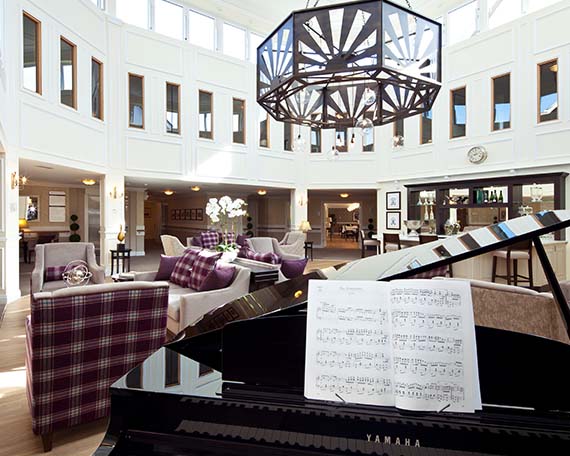
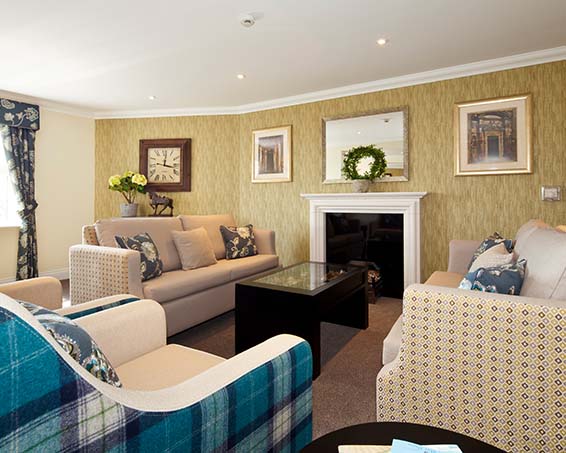
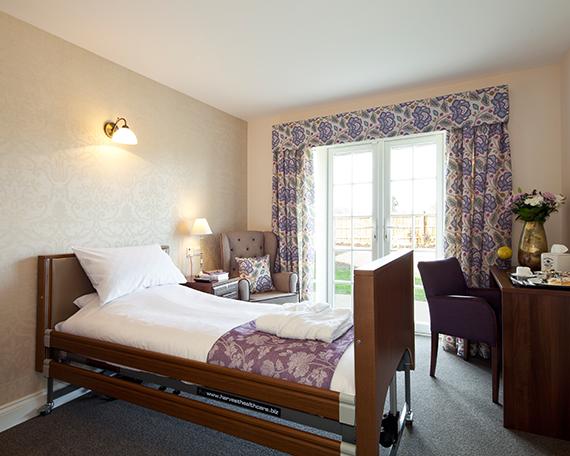
Finding the Right Care Home in Frinton-On-Sea
Nestled within the charming coastal town of Frinton-on-Sea, Beaumont Manor stands as a luxurious care home in Essex, dedicated to delivering an outstanding lifestyle complemented by top-tier care. Our ethos revolves around cultivating a lifestyle and environment that empowers residents to embrace their independence and shape their lives according to their needs and wishes.
Our unwavering commitment focuses on providing residents with ample social and lifestyle opportunities as well as the chance to relax and enjoy some of their own hobbies. We offer a range of amenities, including our Hair Salon & Spa and Enclosed Gardens, presenting residents with an array of prospects every day.
Offering Residential Care, Respite Care, Dementia Care, Nursing Care, and Palliative Care, our dedicated team administers care with the utmost professionalism and expertise to all our residents. At Beaumont Manor Care Home, our approach places residents at the forefront of all that we do. This involves close collaboration with each resident and their family, resulting in bespoke care packages tailored to our resident's individual needs.
Find Out More About Beaumont Manor Care Home in Essex
If you have any questions regarding a transition into a care home, feel free to contact us today and one our our care professionals will be more the happy to offer the support that you need. You can do this by contacting us on 01255 388 500 or by emailing info@beaumontmanorcare.co.uk.



